Make sure you take these supplements if you are taking Statin pills to lower cholesterol
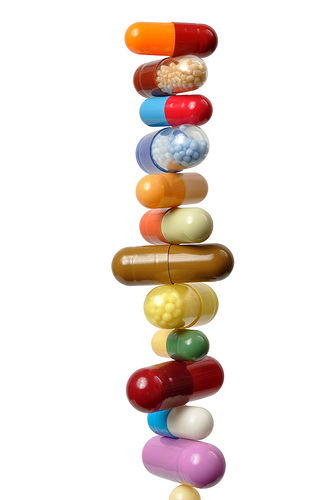
Coenzyme Q10, Vitamin D and C among key supplements needed to protect against the side effects of statin drugs that are taken to lower cholesterol but often have other damaging consequences
If you, or someone you know, are one of the 1 in 3 people over 45 taking Statins to lower your cholesterol, then you will benefit by knowing the specific mechanism that statin drugs interrupt in the body – this is the mechanism that reduces cholesterol production, but it also reduces other important biochemical reactions that you need. This knowledge will then immediately suggest that you need to supplement yourself with a few things in order to prevent heart disease. (And of course, I must add that unless you have an extremely rare genetic order, you should be able to slowly wean yourself off statins in the next 3 to 12 months by eating a delicious, healthy, and fat-full (NOT low-fat) diet designed specifically to reduce your cholesterol naturally. This is what I have done over the last year, without the need for drugs and the dangerous side effects that come with them.)
If you just want the cheat sheet (ie – just tell me what supplements to take), then scroll down to the bottom for a bulleted list.
How do Statins work?
The chemical pathway that Statins interrupt, does of course reduce cholesterol, but it also reduces other necessary intermediary substances which have their own important biochemical functions.
According Dr. Peter H. Langsjoen, “The resulting lowering of blood CoQ10 level is due to the partially shared biosynthetic pathway of CoQ10 and cholesterol. In patients with heart failure this is more than a laboratory observation. It has a significant harmful effect which can be negated by oral CoQ10 supplementation.”
The need for Coenzyme Q10
“All statins sold in Canada are required to carry a warning that they may seriously deplete Coenzyme Q10 levels in the body, which can lead to impaired heart function in people with congestive heart failure. Taking a Coenzyme Q10 supplement is especially important for those on statins who have Familial hypercholesterolemia (inherited raised cholesterol levels), heart failure, or who are over 65 years of age. Research confirms that combining a statin drug with 60mg Coenzyme Q10 improves the health benefits to your heart, compared with taking the statin alone.”
“Statins lower coenzyme Q10 (CoQ10) levels and they raise Lipoprotein(a) levels.”
Vitamin C, Lipoprotein (a), Statins and cholesterol reduction
“Almost one third of people who suffer a premature heart attack (before the age of 55 in men or 65 in women) have an elevated Lp(a) level—and they don’t know their level is high. A high Lp(a) level increases your risk of coronary heart disease by an incredible 200 to 300% even if your good and bad cholesterol levels are normal. High Lp(a) is an extremely dangerous cardiac risk factor that requires specialized treatment.”
The need for Vitamin D
When on Statins, if you have a deficiency of Vitamin D, this has been linked to some myopathy (disease of the muscle tissue), as well as myalgia (pain in a muscle), however the studies are few in number. It has been suggested by a March 2011 review of the medical literature, that Vitamin D could be tried as a supplement to statins, to be used with patients who have reduced Vitamin D levels. Considering that a significant proportion of the population have a Vitamin D deficiency in general, with the Vitamin D council estimating that is it the most common medical condition in the world with 50% of the global population suffering from a deficiency, then it seems like a wise supplement to take for heart health in general, and definitely if you are on Statins.
The seemingly inconclusive yet strongly supportive evidence for Vitamin E
Therefore, the Supplements you should take, if on statins, to reduce dangerous side effects and support heart health are:
- Coenzyme Q10: (aka Ubiquinol): Take 60mg / day
- Vitamin D: Dr. Mehmet Oz recommends getting 800 IUs of Vitamin D a day if you’re younger than 60 and 1,000 IUs if you’re over 60, which is similar to the Mayo Clinic’s recommended dose.
- Vitamin C: Studies have shown that a minimum of 500mg/ day helps lower LDL cholesterol levels. Personally I take 1500 mg / day. Also, when Finnish researchers looked at studies involving nearly 300,000 people over 10 years, they found that taking more than 700 milligrams of C supplements daily reduced the risk of cardiovascular disease by 25 percent. And a recent study from Harvard University researchers hints that women who take a combo of 500 milligrams of vitamin C daily and 600 IU of vitamin E (another antioxidant) can cut their risk of stroke by 30 percent.
- Vitamin E: 400IU / day
- Selenium: The amount in a standard multivitamin is sufficient
- And of course, as the Mayo Clinic reminds us, supplement programmes like the one above does not give you the excuse to eat whatever you want. The best recommendation for heart health is to eat a heart friendly diet and exercise 3 to 5 times a week.


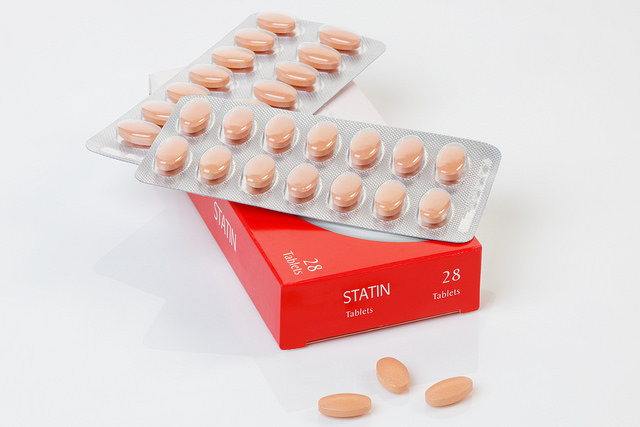
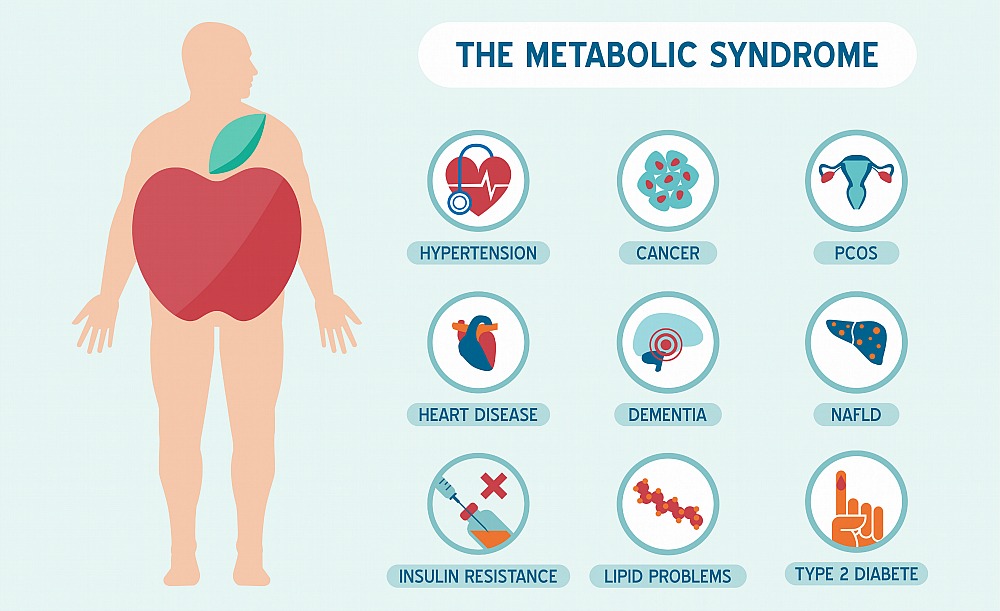

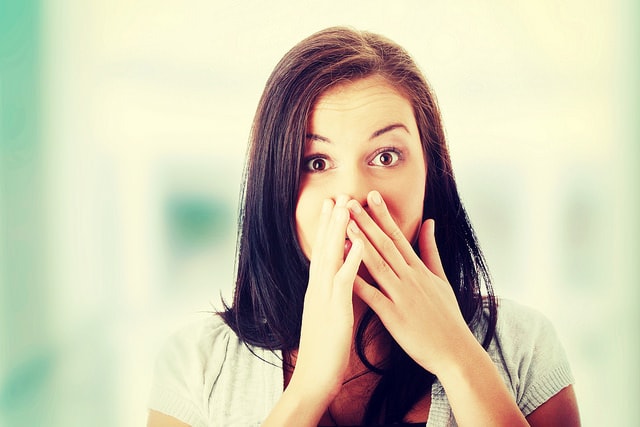
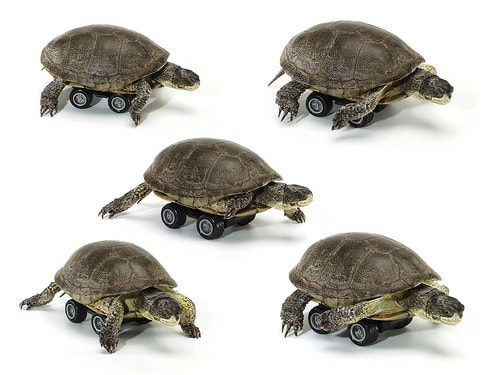
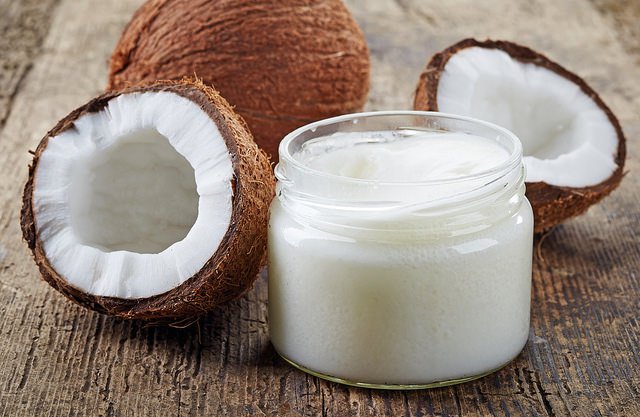
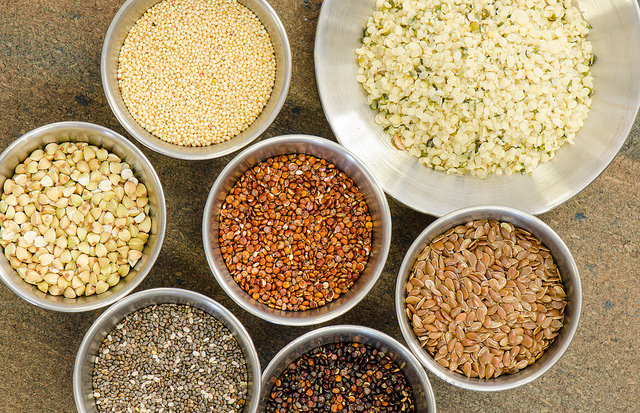

I am very happy to read this. This is the kind of info that needs to be given and not the accidental misinformation that’s at the other blogs. Appreciate your sharing this greatest doc.
Why don’t you recommend vitamin k2 when it’s been proven that statins significantly inhibit its production in the body?
So I take 10 mg of Lipitor daily. Im 46 with high ldl while the rest of my blood work is awesome. I worry about side effects and damage it may cause but the benefit seems to outweigh the risk. Im not over weight and im now eating a diet that consists of staying under 15gms of sat fat. Im using non dairy cheese and almond milk pretty much cutting out the dairy altogether. Is it possible that someday I can be taken off the statin? Also I take 1000mg Vit C, 60mg Vit D, and a multi vit daily.
Hi Wayne – thanks for your question – it’s not one I can answer without the help of a medical professional. I would recommend asking this of your lipid specialist, cardiologist or healthcare professional. Everybody reacts individually to lifestyle changes, and you will need to have your doctor monitor how your body responds and then go from there. Some people notice that lifestyle changes really drive down their LDL. Once they establish a new lower baseline, their doctor can make a decision as to whether they recommend lowering the statin dose (this happened to my father for example – he drove down his cholesterol with lifestyle and his doctor then halved his dose). In some cases, patients can drive their cholesterol down to a very low level where their doctor feels comfortable recommending that they stop taking statins. Best of luck to you in your journey, and it sounds like you are taking good care of yourself – well done for the lifestyle changes you have made so far!